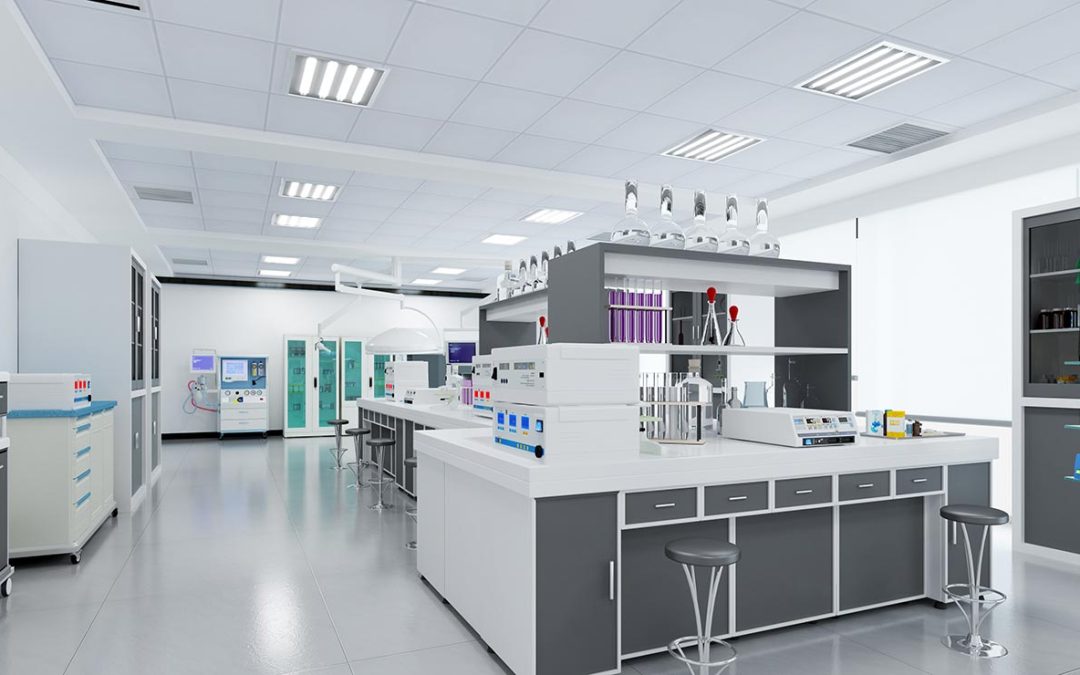Laboratories play a crucial role in scientific research, experimentation, and analysis across various fields. The integrity of research outcomes and the safety of laboratory personnel greatly depend on the cleanliness and hygiene of the laboratory environment. A well-maintained laboratory not only ensures accurate results but also minimizes the risk of contamination and accidents. One important aspect of laboratory maintenance is professional cleaning. The question arises: How often should a laboratory be professionally cleaned to ensure optimal conditions for research and safety?
The Importance of a Clean Laboratory:
A laboratory is a controlled environment where meticulous attention is given to controlling variables. Contamination, whether biological, chemical, or physical, can significantly compromise experiments and their outcomes. Contaminants can lead to inaccurate results, failed experiments, and even pose health hazards to laboratory personnel. Therefore, maintaining a clean laboratory is not just about aesthetics but is a fundamental requirement for reliable scientific research.
Factors Influencing Cleaning Frequency:
Several factors influence the frequency at which a laboratory should undergo professional cleaning:
Laboratory Type: Different types of laboratories have varying levels of cleanliness requirements. For instance, a microbiology lab dealing with pathogens requires more frequent and stringent cleaning compared to a materials science lab.
Experiment Types: Laboratories conducting experiments with volatile or hazardous substances may require more frequent cleaning due to potential spills or residue buildup.
Personnel Traffic: High foot traffic can lead to the accumulation of dust, dirt, and debris. Laboratories with heavy personnel movement might need more frequent cleaning.
Equipment and Surfaces: Laboratories house complex equipment and various surfaces that need cleaning. Depending on the equipment’s nature and the surfaces’ susceptibility to contamination, cleaning frequency may vary.
Regulatory Standards: Different industries and research fields adhere to specific cleanliness standards set by regulatory bodies. Compliance with these standards often dictates the cleaning frequency.
Recommended Cleaning Frequency:
While there is no one-size-fits-all answer, general guidelines can help determine the appropriate frequency of professional laboratory cleaning:
Daily Maintenance: Basic cleaning tasks such as wiping down surfaces, disinfecting commonly touched areas, and emptying waste bins should be performed daily to prevent the buildup of contaminants.
Regular Deep Cleaning: Laboratories should undergo a more thorough cleaning at regular intervals, ranging from weekly to monthly, depending on the factors mentioned above.
Seasonal Cleaning: Some laboratories might benefit from seasonal deep cleaning, especially during transitions between projects or when conducting particularly sensitive experiments.
Special Occasions: Certain events like equipment installations, renovations, or after accidental spills may necessitate immediate and thorough cleaning.
Routine Assessment: Periodic assessments of the laboratory’s condition can help determine if cleaning frequencies need adjustment. If contamination issues arise more frequently, it might be an indicator that cleaning should be increased.
Benefits of Professional Cleaning:
Enlisting the services of professional cleaning experts offers several benefits:
Expertise: Cleaning professionals are well-versed in handling laboratory-specific cleaning challenges, ensuring thorough and effective cleaning.
Equipment and Supplies: Cleaning professionals have access to specialized cleaning agents and equipment designed for laboratory environments.
Time Efficiency: Professional cleaning saves laboratory personnel valuable time, allowing them to focus on research and experiments.
Safety: Cleaning experts are trained to handle hazardous materials and ensure proper disposal, reducing the risk of accidents and exposure.
In Conclusion:
The frequency at which a laboratory should be professionally cleaned varies based on multiple factors. Regular cleaning, both daily maintenance and periodic deep cleaning, is essential for maintaining a safe and contamination-free laboratory environment. Professional cleaning services bring expertise, specialized equipment, and efficiency to the process, contributing to the overall success of research endeavors and the safety of laboratory personnel. Regular assessments and adjustments to cleaning frequencies can help ensure that the laboratory remains in optimal condition for scientific excellence.

